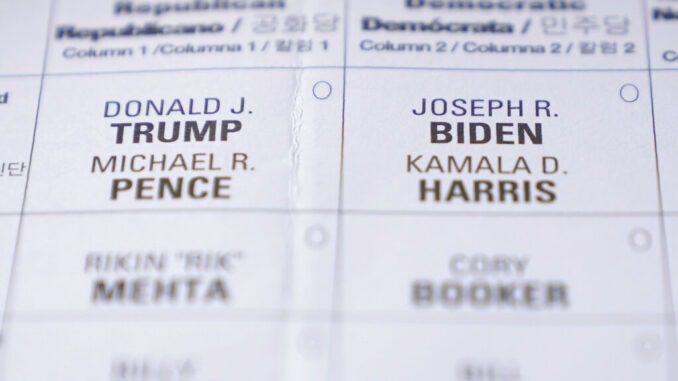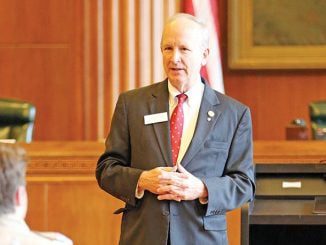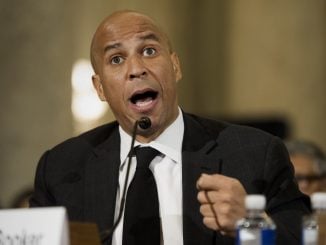
WASHINGTON, D.C. — Every four years at the stroke of noon on Jan. 20, the president-elect or the reelected president of the United States takes the oath of office for a four-year term. The inaugural ceremony at the U.S. Capitol also includes a luncheon. There’s also a parade, followed by the president and first lady dancing at the balls.
Next year’s program will have a new addition: the coronavirus pandemic.
SO HOW WILL IT WORK?
It’s too early to know how the pandemic will affect the scope of the inaugural festivities.
Cases and hospitalizations for COVID-19, the disease caused by the novel coronavirus, are rising across much of the country. But it’s impossible to know what the status will be on Jan. 20.
Many large events around the country have been canceled or postponed to help slow the spread of the virus, while other events have been held virtually or with few or no spectators.
There has never been a virtual presidential inauguration.
WHEN DOES INAUGURAL PLANNING BEGIN?
It’s already under way.
Events at the Capitol, including the oath-taking ceremony and a luncheon for the president and vice president, are planned by a joint congressional committee of House and Senate lawmakers and paid for by Congress. That committee was put together in June.
The panel also oversees construction of an inaugural platform on the West Front of the Capitol, the side of the building that faces the National Mall, and that work has already begun.
The platform holds more than 1,600 people, including the president, the vice president and their families, members of Congress, Supreme Court justices and other dignitaries. Bleachers above the platform hold 1,000 additional people. Thousands more people watch from the mall.
Outside the White House, the National Park Service is getting ready to start building the reviewing stands where the president, his staff and family watch the inaugural parade. Portions of Lafayette Park, across the street from the White House, and Pennsylvania Avenue have been closed to pedestrians to allow that construction to begin.
WHAT ABOUT THE PARADE? AND THE BALLS?
The president-elect will organize a separate inaugural committee sometime after the election to raise money to pay for inaugural events held away from the U.S. Capitol, such as the inaugural balls, concerts and other activities.
Trump’s committee raised more than $107 million.


